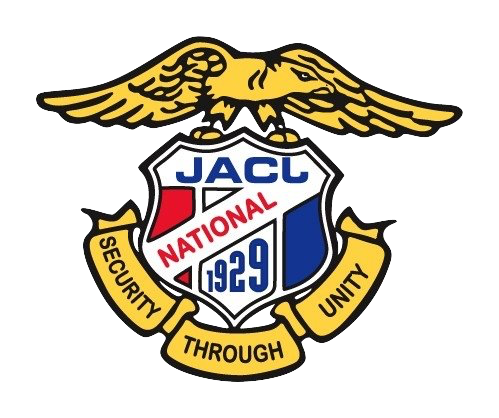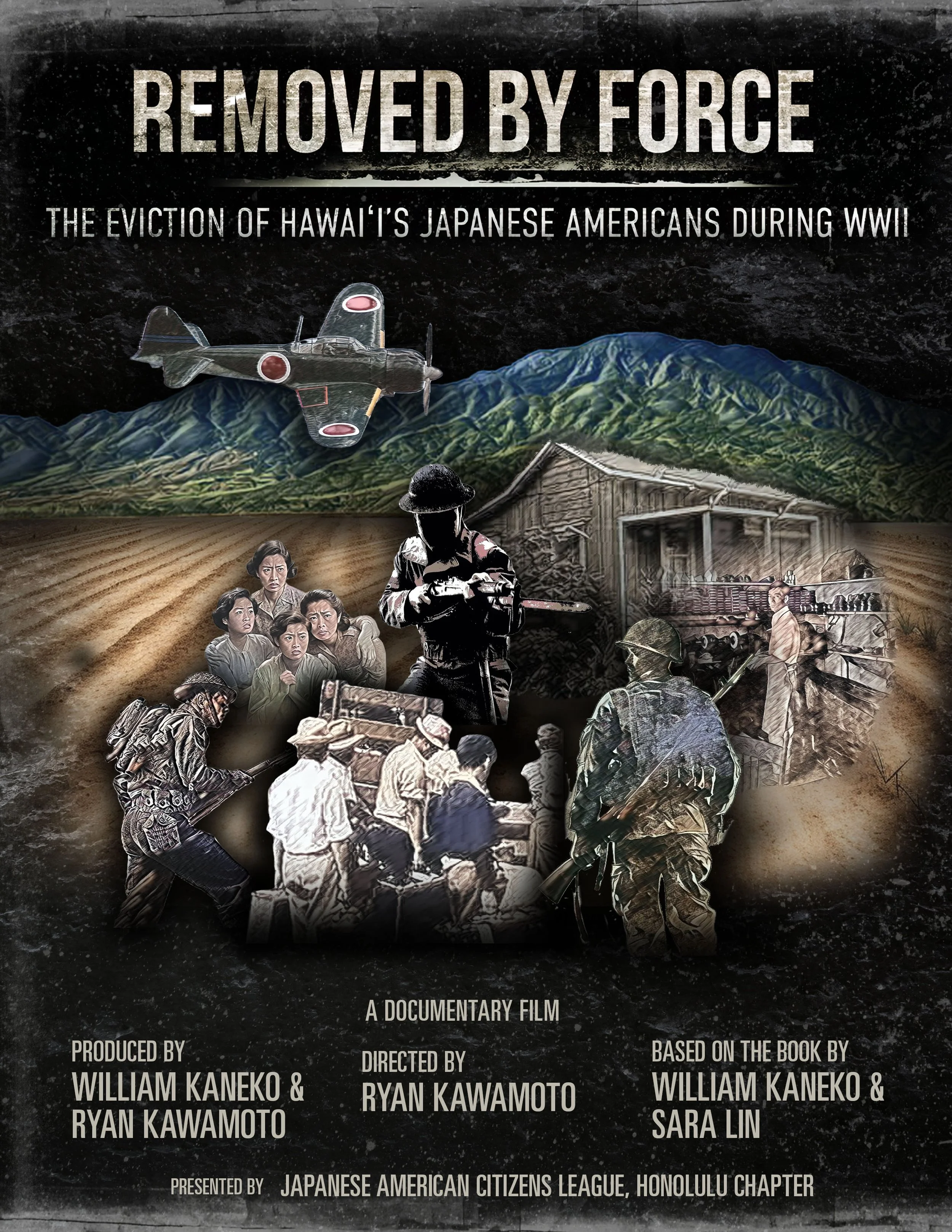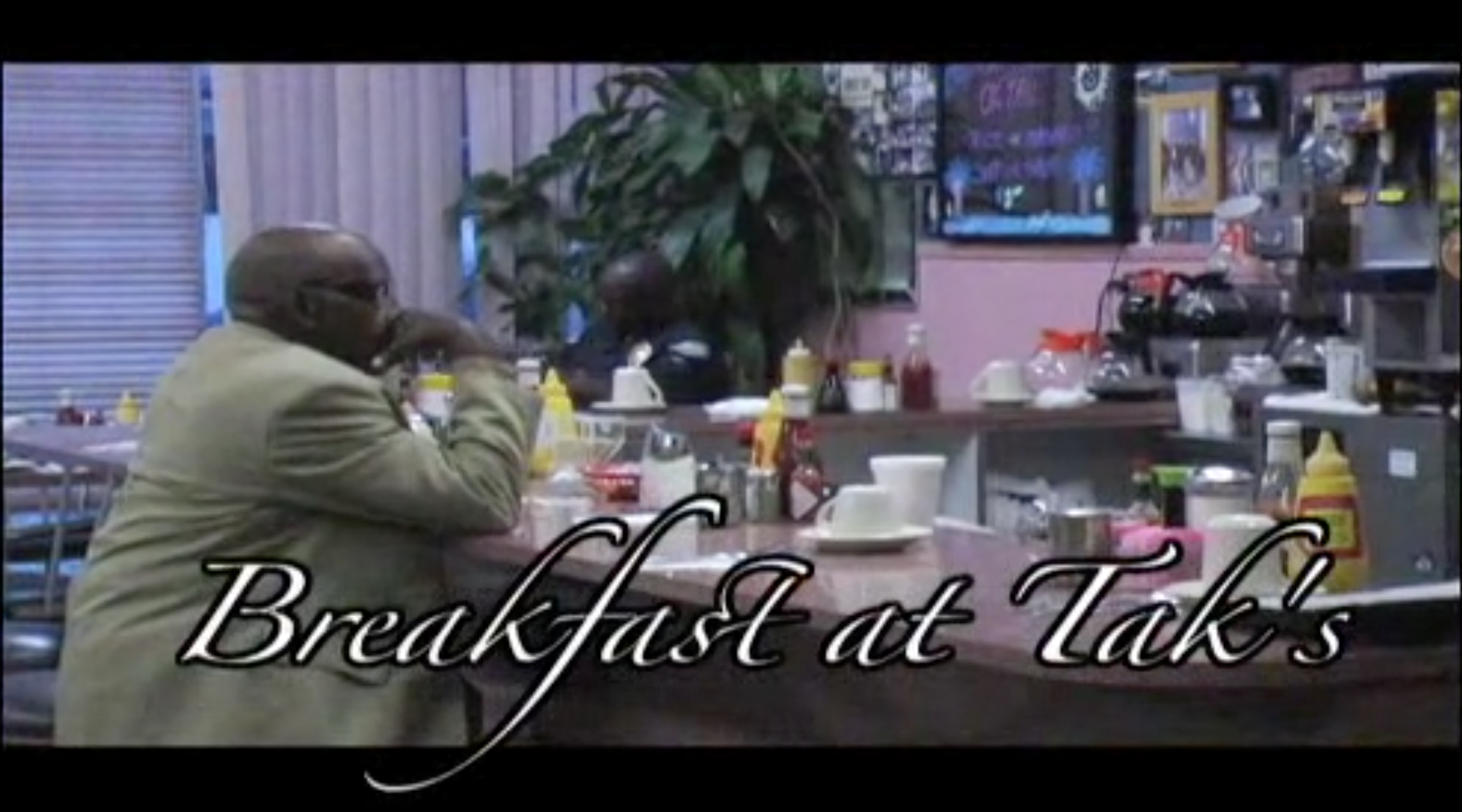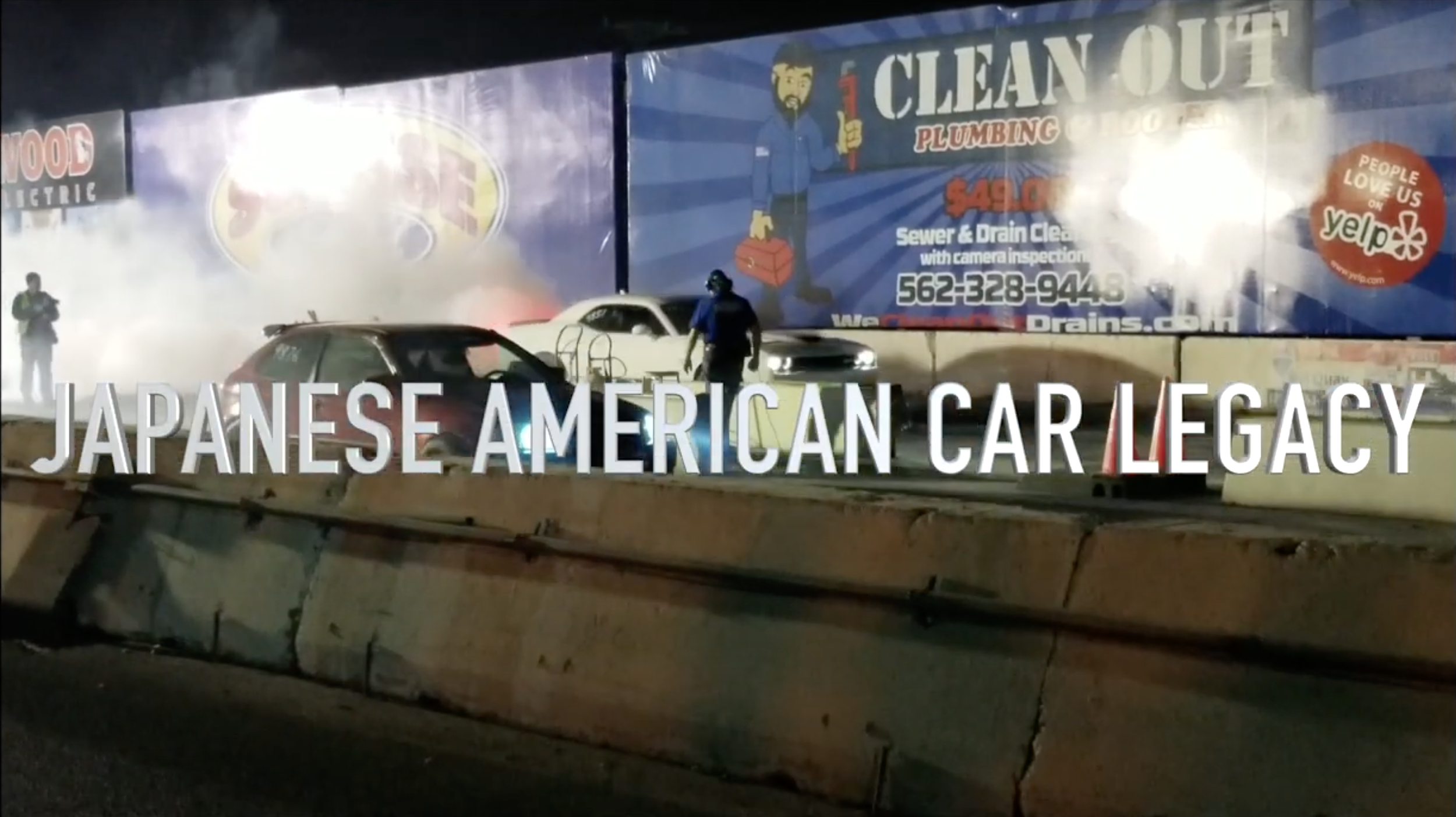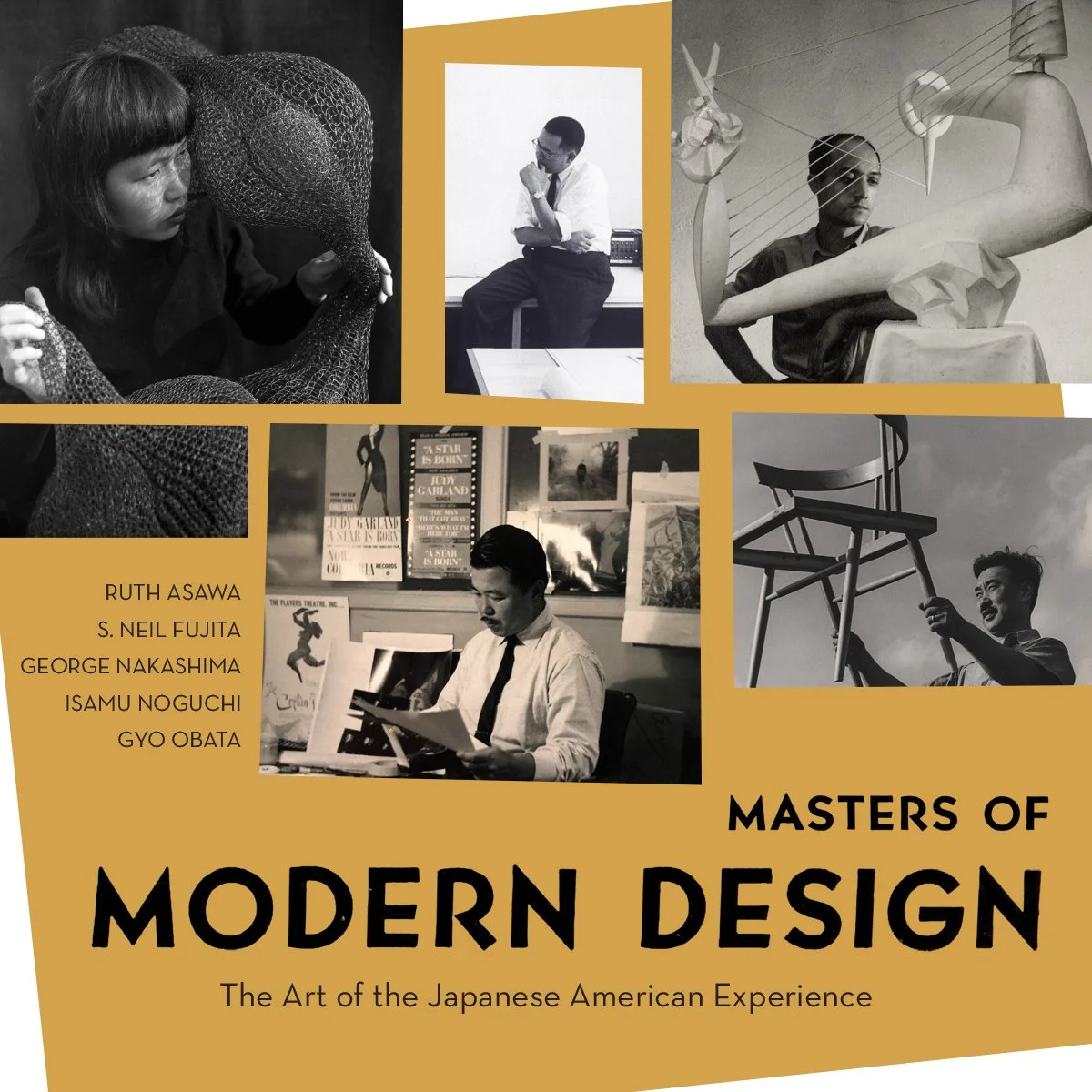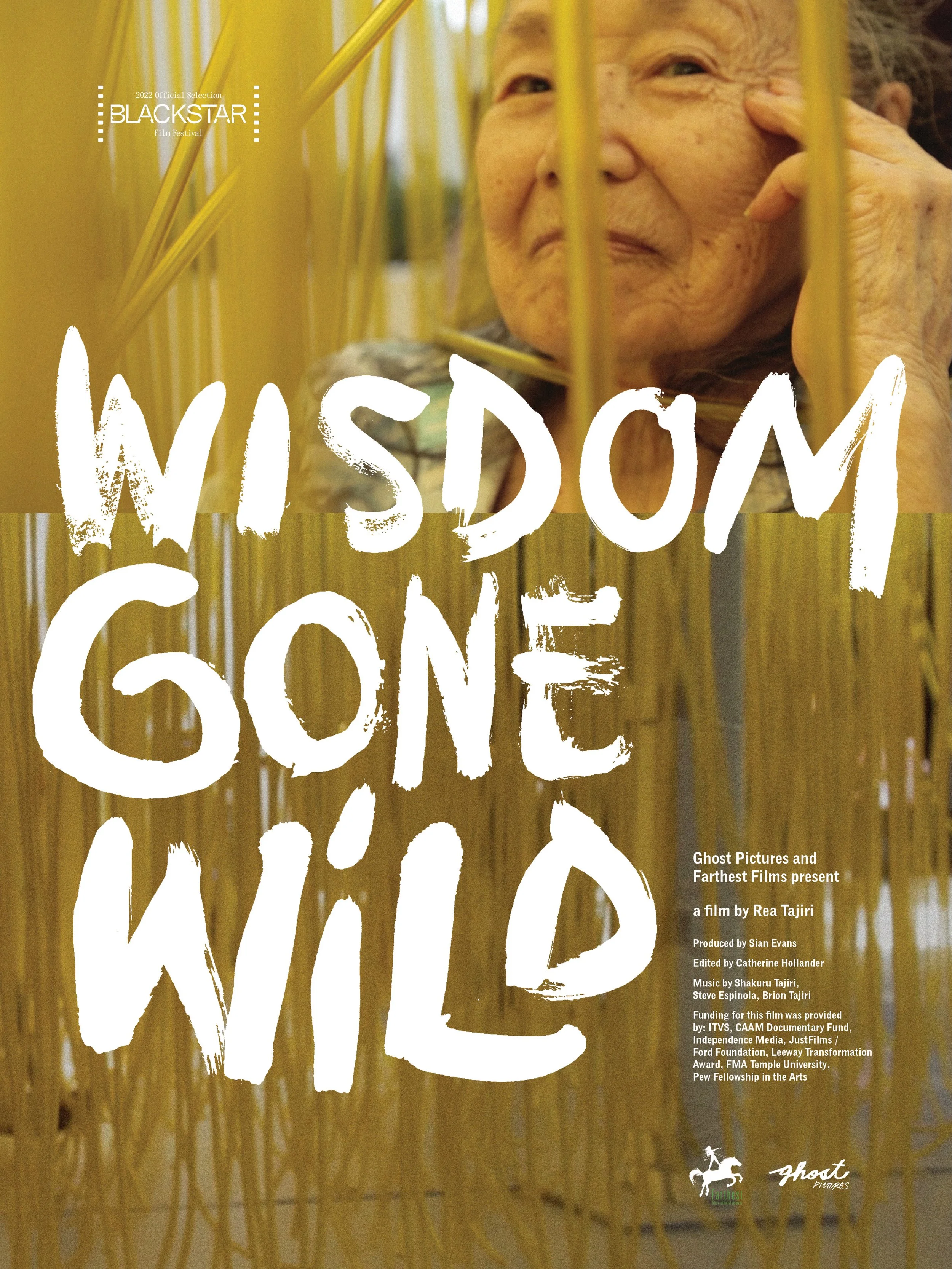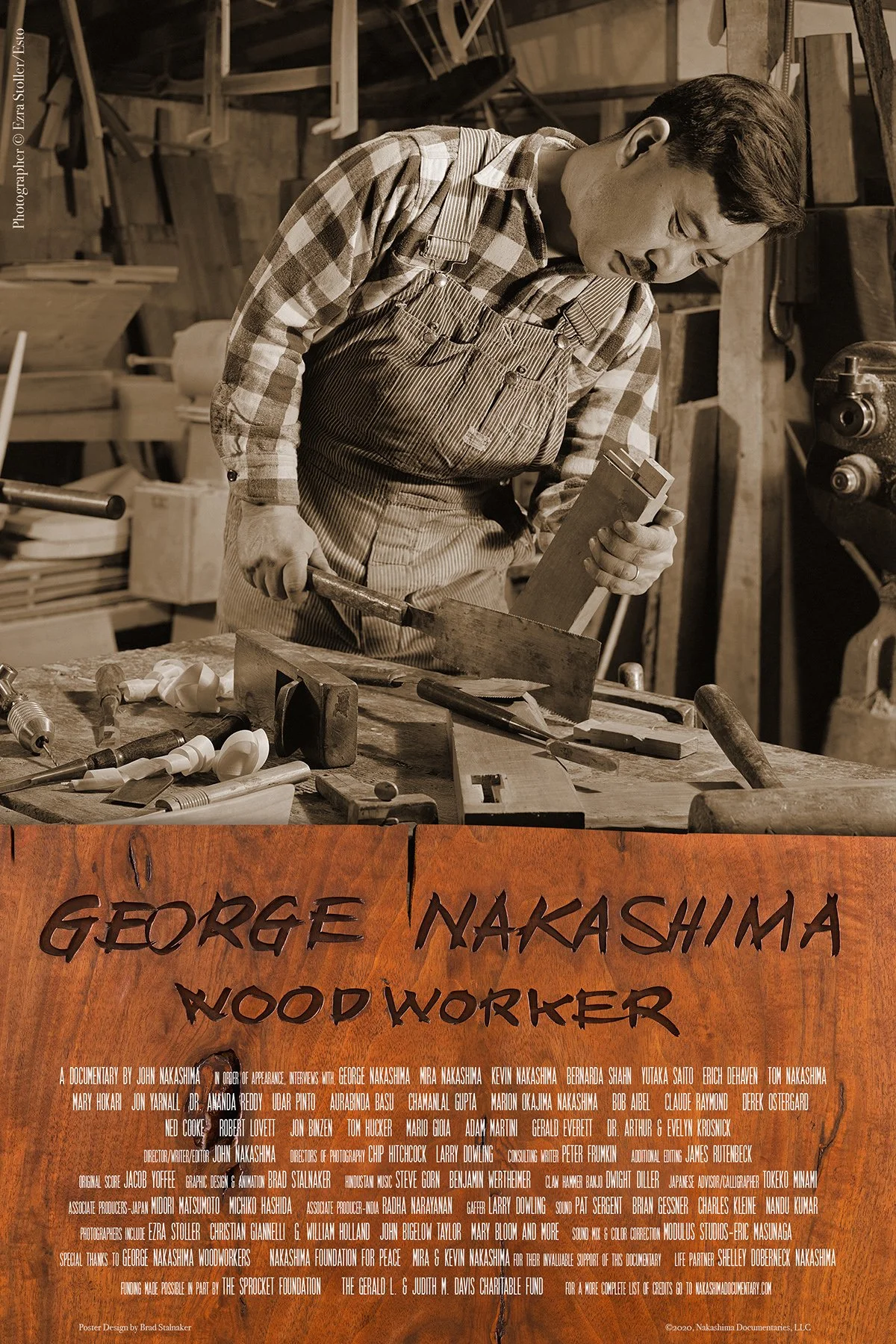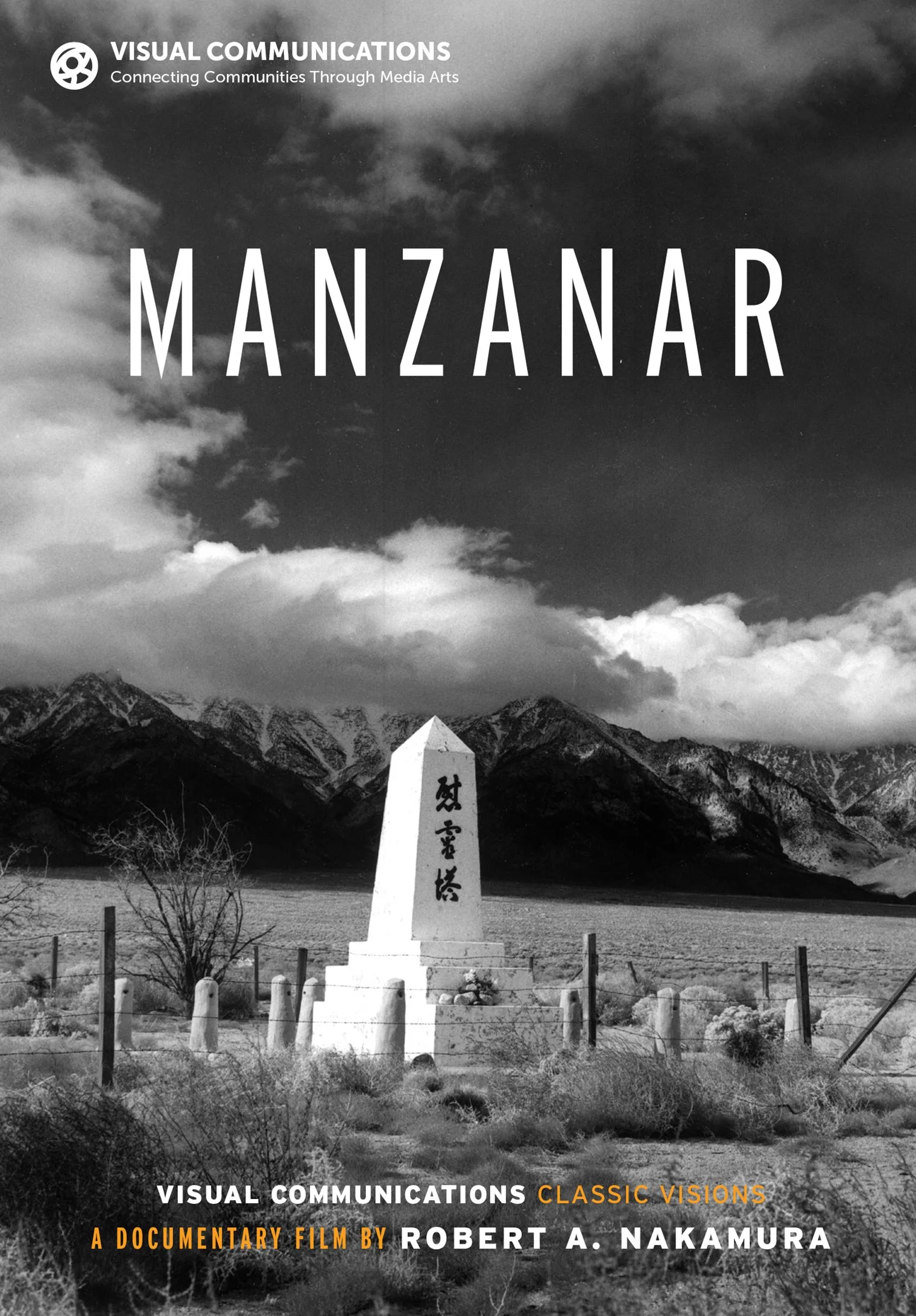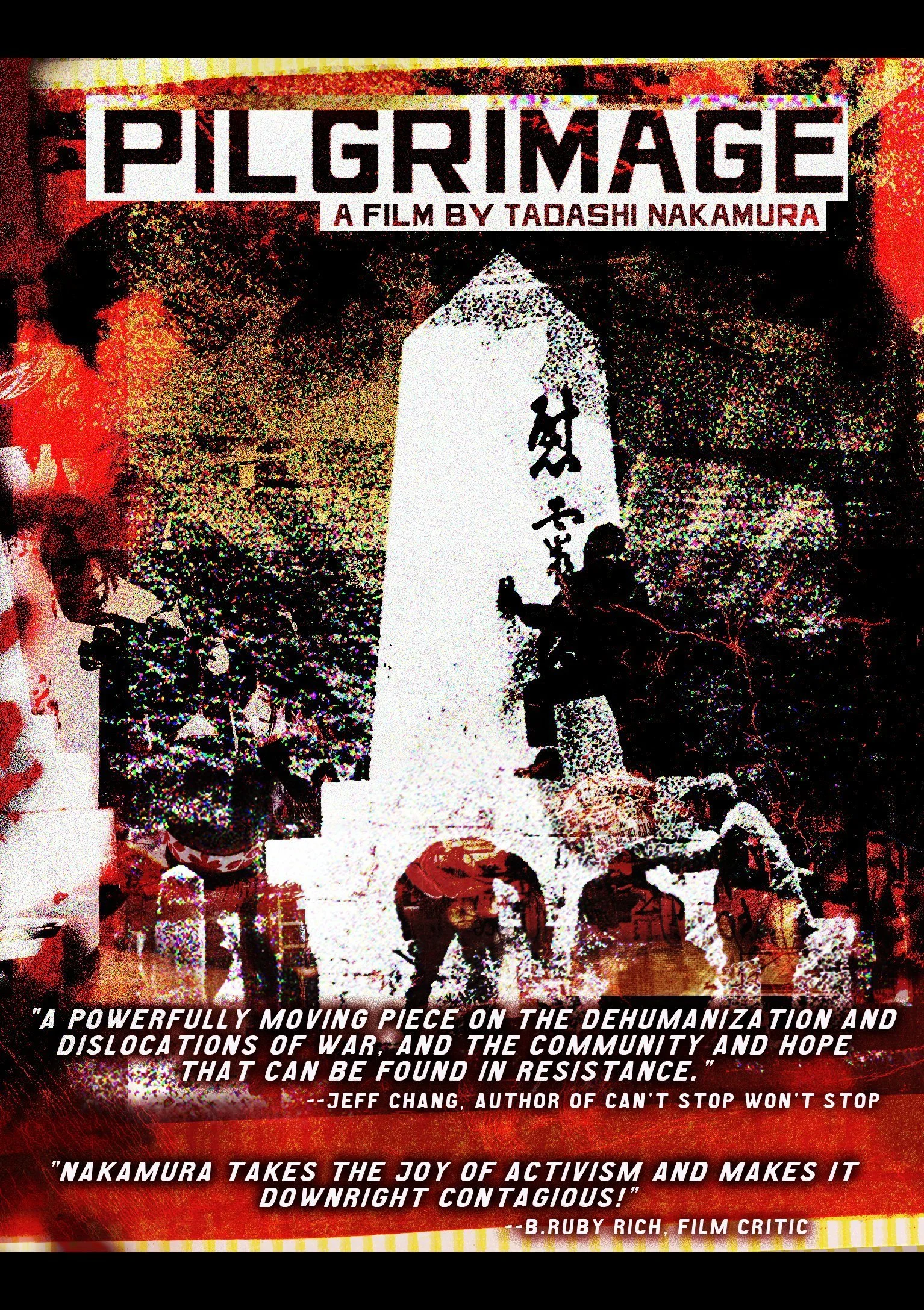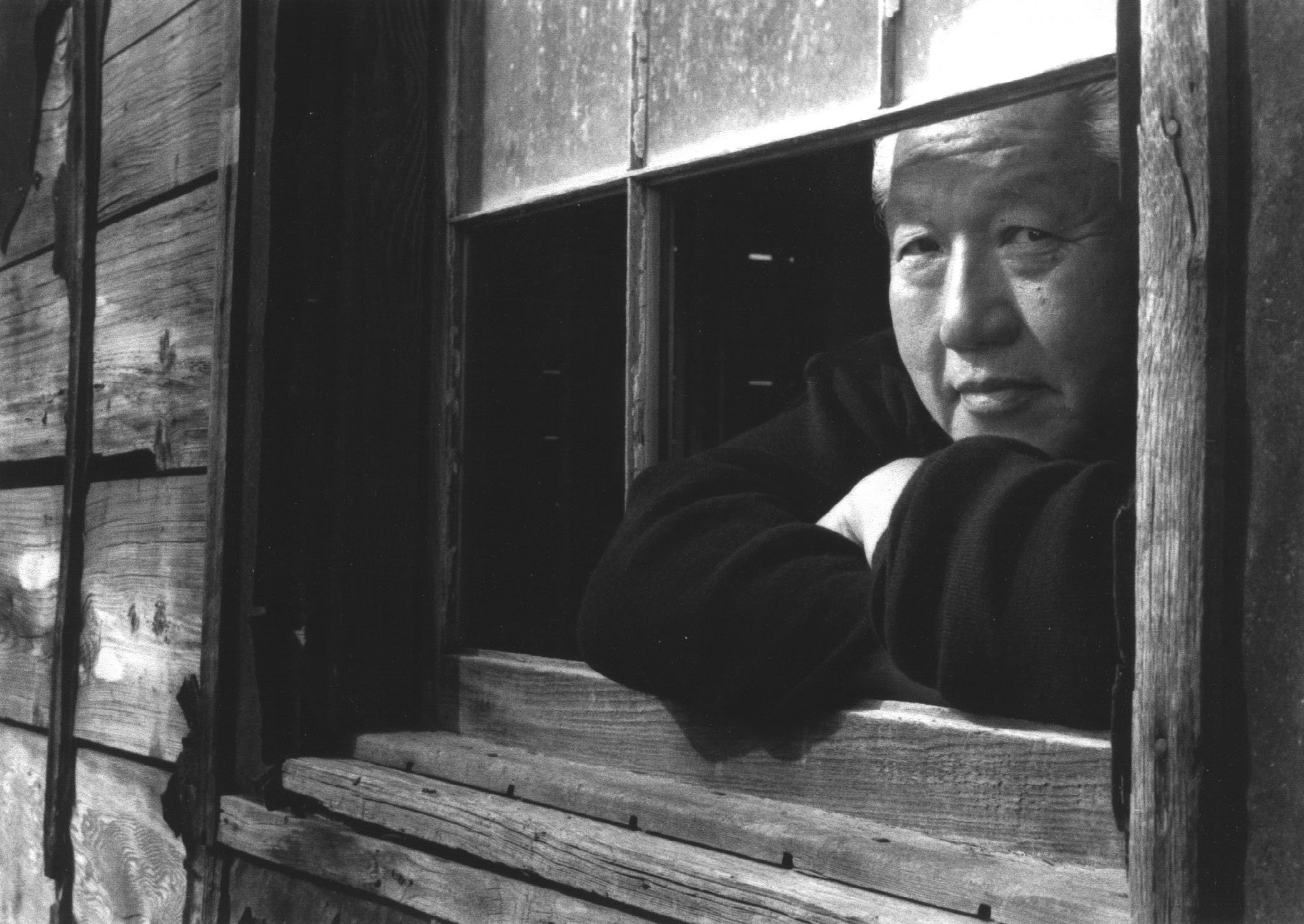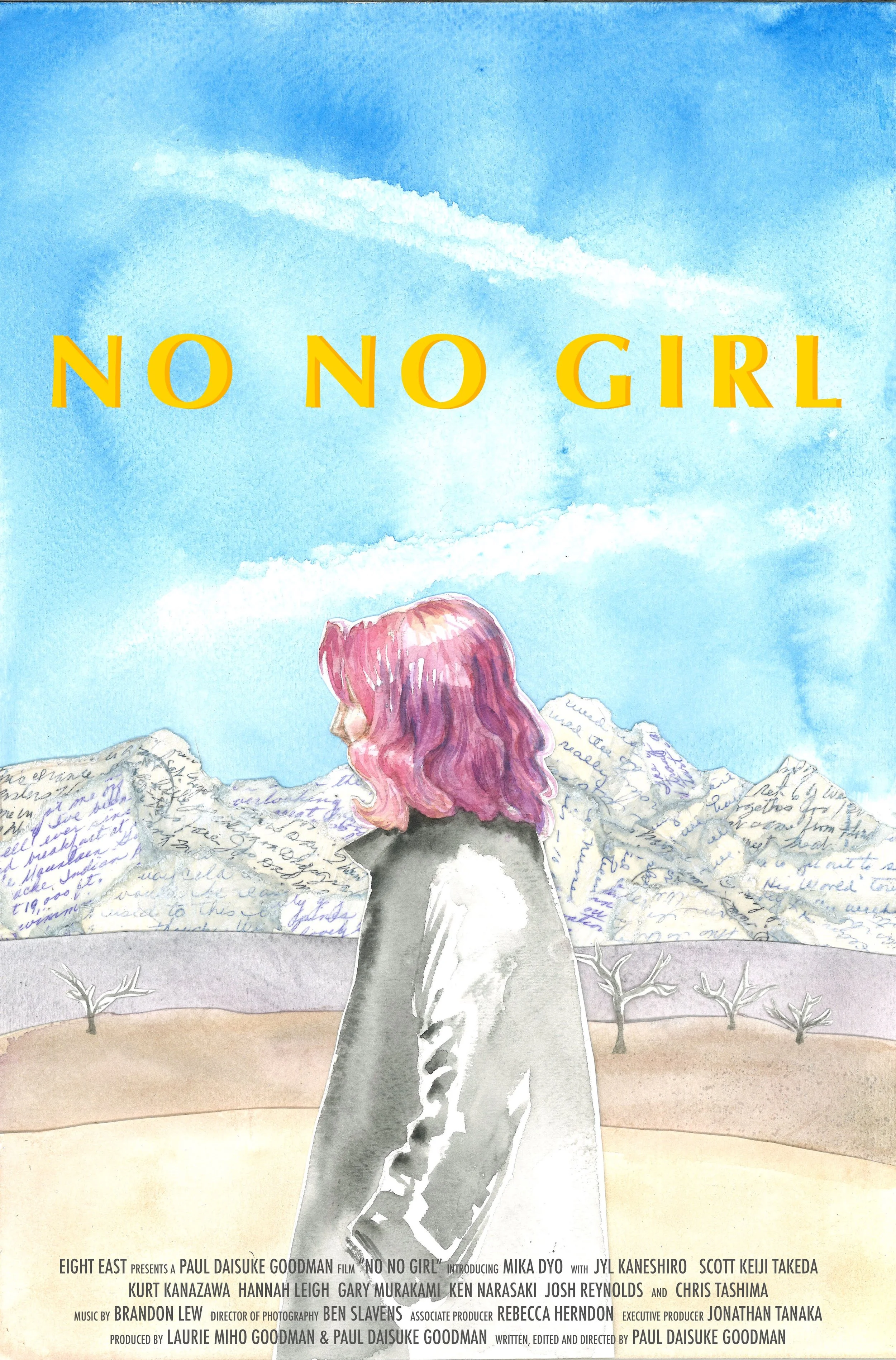
Home | FAQ | Registration | Schedule | Workshops | Special Events | Film Series | Forms | Ireichō | Sponsor
2023 Convention Film Series
All films will be shown at the National Democracy Center, located across from the Japanese American National Museum
The 2023 JACL Convention Film Fest will be available ONLY to full convention registrants or day pass attendees. Click the registration link above to register!
Film Schedule - Thursday, July 20 - First Show: 9 a.m. Last Show: 3:30 p.m.
Removed by Force: The Forced Evacuation of Hawaiʻi's Japanese Americans
2023 | 63 mins
Dir. Ryan Kawamoto
This documentary memorializes the unique and relatively unknown cases of about 1,500 Hawaiʻi AJAs who were not interned, but evicted from their homes during the war. These unique cases were separate and apart from the 2,000 Japanese Americans interned at the Sand Island and Honouliuli (Oʻahu) internment camps. It is a little-known and important story about Hawaiʻi AJAs which adds to the overall history of Japanese American experience during WWII. In particular, the documentary chronicles the forced removal of Hawaiʻi AJAs in 23 geographic areas, and the pursuit of the related legal cases with the U.S. Department of Justice. Personal interviews and stories of their quest for redress from Honolulu JACL lawyers, volunteers and AJAs evicted is the main theme of the video. It is an inspiring story that provides great insight about community organizing, advocacy, and the role of both the National JACL and Honolulu chapter.
Showtime: 9 a.m.
Atomic Café: The Noisiest Corner in J-Town
2020 | 10 mins
Dir. Tad Nakamura, Akira Boch
In the late 1970’s, when LA’s punk rock scene was exploding, an unlikely family-owned restaurant in Little Tokyo started by Japanese Americans returning from America’s WWII concentration camps, became one its most popular hang-outs. That’s when Sansei “Atomic Nancy” with her “take-no-prisoners” punk make-up and demeanor took the café over from her parents and cranked up the jukebox. Infamous for its eclectic clientele – from Japanese American locals and kids from East LA to yakuza and the biggest rock stars of the day - the Atomic Café became an important part of LA’s punk rock history.
Breakfast at Tak’s
2006 | 11 mins
Dir. Tad Nakamura
Breakfast at Tak's is a small project I did on one of my favorite places to eat in LA. As a Japanese American growing up on the westside, one of my favorite childhood memories is ordering fried rice at the Holiday Bowl and wondering how they get the rice in a perfect mound. While the Holiday Bowl has been long gone, it's legacy still lives on at Tak's Coffee Shop!
Yellow Brotherhood
2003 | 18 mins
Dir. Tad Nakamura
Yellow Brotherhood is a short personal documentary about a friendship and finding community through a self-help group turned basketball team that began in the 1960s. Filmmaker Tad Nakamura met Brett and Khi-Min when they were six years old on a community basketball team called the ‘Venice YB’. As Tad says in the film, ‘We didn’t know what YB stood for and we really didn’t care – all we cared about was having fun.’ As they grew, they learned that YB stood for ‘Yellow Brotherhood’, a self-help group formed by a gang called ‘The Ministers’ to help youth get off drugs. Only later did they realize how the tradition of Yellow Brotherhood’s dedication to personal and political development helped them through their own problems and empowered them to carry on its legacy of creating and serving community. Features never-before-seen stills and footage of Los Angeles’ Japanese American community in the 1960s and 1970s.
The Finale Club
2018 | 12 mins
Dir. Robert Shoji
In 1946, a confluence of music, race, and politics led to a historic performance at The Finale Club. Two jazz greats – Charlie Parker and Miles Davis – played at the club when Little Tokyo was Bronzeville and the Japanese American community was vanquished due to unfounded war hysteria. This film was made as part of Visual Communications' Digital Histories storytelling and video production program for older adults, designed for older generations to create and preserve visual stories to be passed down to younger generations.
American
2018 | 18 mins
Dir. Richie Adams
A 94 year old veteran (George Takei) who works as a volunteer at the Japanese American National Museum, encounters a mother and her young daughter, triggering events that happened in his past, including his time as a young man in a Japanese American Concentration Camp and later serving with the 442 in WWII.
Japanese American Legacy On Wheels
2019 | 8 mins
Dir. Mitchell Matsumura
Japanese American Legacy On Wheels is dedicated to the passion and history of those that started it all. They helped drive the American muscle car era and the Japanese import tuner era to what it is today.
Holiday Bowl
2018 | 9 mins
Dir. Mitchell Matsumura
The Holiday Bowl was a gathering place for a community and a generation. Where all peoples came together in urban Los Angeles. Regardless of the tensions of the times they triumphed. Our hang out, bowling leagues, the famous coffee shop, cocktail bar, pool hall, arcade, our home away from home. The community celebrated its opening in 1958 until it closed in disbelief in 2000.
The Carry On Story
2023 | 12 mins
Dir. Mitchell Matsumura
Carry On was a garage band in Los Angeles during the Asian American dance era 1965-1985. The era was a right of passage and undoubtedly the best times of our lives. Carry On was the most popular band of the era. They performed at hundreds of dances held at dance halls and ballrooms. This is their story.
Rooted in Community Shorts Showtime: 11 a.m.
All films in this block are short films and will run between 11 a.m. and 1 p.m.
Manzanar, Diverted: When Water Becomes Dust
2021 | 84 mins
Dir. Ann Kaneko
At the foot of the majestic snow-capped Sierras, Manzanar, the WWII concentration camp, becomes the confluence for memories of Payahuunadü, the now-parched “land of flowing water.” Intergenerational women from Native American, Japanese American and rancher communities form an unexpected alliance to defend their land and water from Los Angeles.
Q&A with Director Ann Kaneko
Showtime: 3:30 p.m.
Film Schedule - Friday, July 21 - First Show: 10:45 a.m. Last Show: 2:15 p.m.
Cruisin’ J-Town
1975 | 24 mins
Dir. Duane Kubo
The roots of the popular jazz fusion band Hiroshima are in pre-redevelopment Little Tokyo. Select group members discuss the sociological and cultural pulse of the early 1970s. Dan Kuramoto describes the political movements of the 1960s out of which Asian American music emerged, while June Kuramoto relates being ridiculed in her youth for playing the Japanese koto. Percussionist Johnny Mori delves into the influence of African American, Latino, and rock ‘n roll music on his art. The film goes beyond a mere profile of a band to investigate the core and influences of Asian American music.
I Told You So
1974 | 18 mins
Dir. Alan Kondo
This black-and-white documentary weaves scenes of Japanese American poet and professor Lawson Inada’s life with his writing. Titled after one of his poems, I Told You So follows Inada to Fresno, California for a childhood reunion. Shots of his multicultural childhood neighborhood show downtown graffiti, bars, and the Nisei Barber Shop. Inada runs into his aunt, one of the subjects of his poems where she asks, “All this identity thing. What is it you’re looking for?” Inada’s answer is in his poem, “Nightsongs in Asian America” that addresses the active residence to World War II incarceration and his relationship with his son.
Visual Communications Archive Showtime: 10:45 a.m.
All films in this block are short films and will run between 10:45 a.m. and 12:15 p.m.
Sincerely Miné Okubo
2021 | 16 mins
Dir. Yuka Murakami
Short biographical film on the artistic span and career of Miné Okubo, a Japanese American artist who is best known for her graphic memoir Citizen 13660 (1946), which chronicled the WWII incarceration.
Masters of Modern Design: The Art of the Japanese American Experience
2019 | 56 mins
Dir. Akira Boch
From the iconic typeface of “The Godfather” book cover to Herman Miller’s Noguchi table, the influence of Japanese American artists and designers in postwar American art and design is unparalleled. While this second generation of Japanese American artists have been celebrated in various publications and exhibitions with their iconic work, less-discussed are the effects of the WWII incarceration.
Art in Camp Shorts Series Showtime: 10:45 a.m.
All films in this block are short films and will run between 12:15 p.m. and 2:15 p.m.
Wisdom Gone Wild
2022 | 84 MINS
Dir. Rea Tajiri
Wisdom Gone Wild tells the remarkable story of filmmaker Rea Tajiri’s mother, a Nisei woman who survived incarceration in an American concentration camp during World War II, and grew up as the daughter of sharecroppers in California's strawberry fields. Later in life, Rose developed dementia. Through interactions with Rea, her daughter and care partner, she bestows a new name and identity on herself, transforming her past along with her present. In its form and content, the film centers her perspective rather than a disease, telling the story of a life to be valued, not a problem to be willed away. It calls for a societal shift in how we view dementia—one that honors subjective experience, cultural difference, inclusivity, and personhood, to counter the devaluing of age and the dismissal of the knowledge we can gain from someone who has lived a long life, which may be shared through a different lens and perhaps a new language, a wisdom gone wild.
Showtime: 1:30 p.m.
George Nakashima, Woodworker
2020 | 119 mins
Dir. John Nakashima
George Nakashima died in 1990, but his influence and the appeal of his work remains strong today. His most groundbreaking works feature thick slabs of hardwoods—with complex grain and nature’s “imperfections”—boldly finished and stabilized with perfected joinery. His simpler designs of nuanced beauty are equally respected. Nakashima spent his life until his mid-thirties immersed in the new Modern Architecture, absorbing Shinto and Zen aesthetics and working/studying in a legendary Indian ashram. His wartime incarceration at Minidoka set him on another path as he apprenticed there with an Issei woodworker before resettling in New Hope, PA with the help of an architect friend Antonin Raymond. His life’s work sprang from these layers of experiences, knowledge, and skills.
Q&A with Director John Nakashima and Mira Nakashima (George’s daughter and successor at Nakashima Woodworkers)
Showtime: 2:15 p.m.
Film Schedule - Saturday, July 22 - First Show: 10:45 a.m. Last Show: 2:15 p.m.
Manzanar
1971 | 16 mins
Dir. Robert Nakamura
Created by Robert Nakamura as an UCLA Ethnocommunications student, Manzanar was one of the first films distributed by Visual Communications. Manzanar is a lyrical and pensive documentary centered around the central California Japanese American internment camp of the same name. In it, a Nisei recollects his childhood experiences in the camp as he comes to terms with how the wartime incarceration has affected his adult life.
Pilgrimage
Third Act
10 mins work in progress clip
Dir. Robert Nakamura, Tad Nakamura
As father and son, Asian American filmmakers Robert and Tadashi Nakamura use their shared medium to explore generational trauma, expressing previously silenced emotions. Third Act is structured chronologically around three phases of Tadashi’s father’s life: becoming an artist in Los Angeles after WWII, finding his path, and dealing with Parkinson’s and PTSD. Together, father and son function as the film's central characters; they use their shared medium of film to embody emotions that they had been hesitant to express directly.
2006 | 23 mins
Dir. Tad Nakamura
Pilgrimage tells the inspiring story of how an abandoned WWII concentration camp for Japanese Americans has been transformed into a symbol of retrospection and solidarity for people of all ages, races and nationalities in our post 9/11 world. With a hip music track, never-before-seen archival footage and a story-telling style that features young and old, Pilgrimage reveals how the Japanese American community reclaimed a national experience that had almost been deleted from public understanding. Pilgrimage shows how the annual Manzanar Pilgrimage now has new meaning for diverse generations who realize that when the US government herded thousands of innocent Americans into what the government itself called concentration camps, it was failure of democracy that would affect all Americans.
Manzanar/Pilgrimage/Third Act Showtime: 10:45 a.m.
All films in this block are short films and will run between 10:45 a.m. and 12:15 p.m.
Hito Hata: Raise the Banner
1980 | 90 mins
Dir. Duane Kubo, Robert Nakamura
A landmark project, Hito Hata is the first feature-length film made by postwar Japanese American filmmakers. Capturing the contributions and hardships of Japanese Americans from the turn-of-the-20th century, the film centers on Oda (the late veteran actor/director Mako), a feisty issei (first generation Japanese American) and elderly single laborer living in Los Angeles’ Little Tokyo. Through a series of flashbacks, the story traces Oda’s life as a laborer on the transcontinental railroad to his struggle to save the home of Little Tokyo’s residents when the community is threatened with redevelopment. An epic Japanese American drama, Hito Hata draws on the talents and support of Asian American filmmakers, writers, theater professionals and literally hundreds of people from the Asian Pacific American community who served as extras, provided locations, props, and moral as well as financial support. The production represents the full measure of Visual Communications’ pioneering work.
Showtime: 12:15 p.m.
No No Girl
2021 | 113 mins
Dir. Paul Daisuke Goodman
A surprise discovery of her late Nisei grandmother’s hidden love letters sends a young woman on a quest to uncover the secrets of her family buried (both figuratively and literally) under decades of silence and trauma. Paul Daisuke Goodman’s No No Girl is a humorous and heartfelt comedy that explores how the scars of the incarceration of Japanese Americans in WW2 are passed down through the generations, and a family’s struggle to reclaim and confront their shared trauma.
Q&A with Paul Daisuke Goodman and Cast members (Chris Tashima, Mika Dyo)
